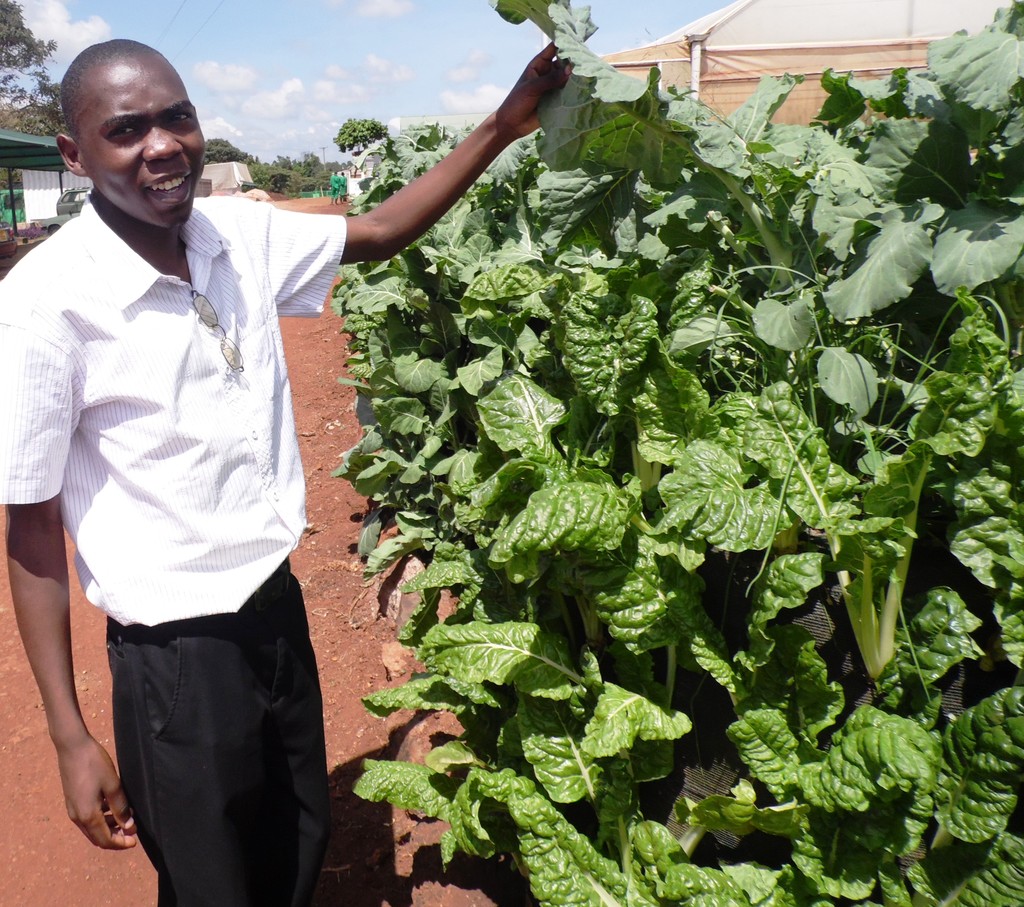Vegetable farmers, who lose up to 50 per cent of their harvest to spider mites, can wipe out the pest using its biological enemy and relative, Real IPM Phytoseiulus.
Phytoseiulus persimilis, is a mite that feeds on all stages of the spider mites, therefore, an appropriate and sustainable approach to dealing with the pest without interfering with the environment, Isaac Guda, a Real IPM Kenya ecological and agronomical expert said.
“One phytoseiulus feeds on at least five adults and 10 eggs per day. In two to three days after application, a farmer would start seeing the results,” Guda said.
After application, the predatory mites quickly reproduce to colonise the leaf, therefore, offering continuous crop protection by predation.
After reaching the economic threshold, the losses are devastating and hardly reversible.
According to a study published on the Research Gate, an online scholarly resource centre, mites have been documented to cause more than half losses of tomato yields.
By the sixth, ninth, and 12th week of spider mite infestation, yields production reduces by 0.233kg, 0.689kg and 1.624kg respectively per tomato stem.
Apart from minting out the nutrients from the leaves of crops such as pepper, capsicum, tomatoes, black night shade, among others, the spider mites cause yellowing of the leaves, therefore, reducing photosynthesis rate.
“Heavy infestation will discolour the leaves besides causing curling. Leaf curling reduces the surface area for photosynthesis. Yellowing of leaves also signals a drop in the chlorophyll, which is responsible for food manufacturing in crops,” the expert said.
READ ALSO: ICIPE: Managu 'kills' crop mites
READ ALSO: Spider with appetite for mosquitoes guides war on malaria
READ ALSO: Weaver ants clear crops of pests in minutes
Although the spider mites are tiny to see, formation of webs among the leaves and crops should signal a farmer that the pests are quickly multiplying.
They mites hang on the webs, which are blown by air currents, therefore, swinging them to the next leaf or plant, Guda said, adding that at this point loses of up to 90 per cent can be registered.
Unlike chemicals, which kill the pests on the spot on shortly after application, biological solutions are slow but more effective in the long run. For that reason, Guda said, a farmer should not wait for heavy infestation to apply the remedy.
With this and other integrated pest management approaches, chemical residues are limited.
Real IPM is an international organisation covering more than 25 countries globally. Kenyan offices and demonstration farm is in the outskirts of Thika, Kimbu County.
It can be contacted on +254725806086.

















Comments powered by CComment